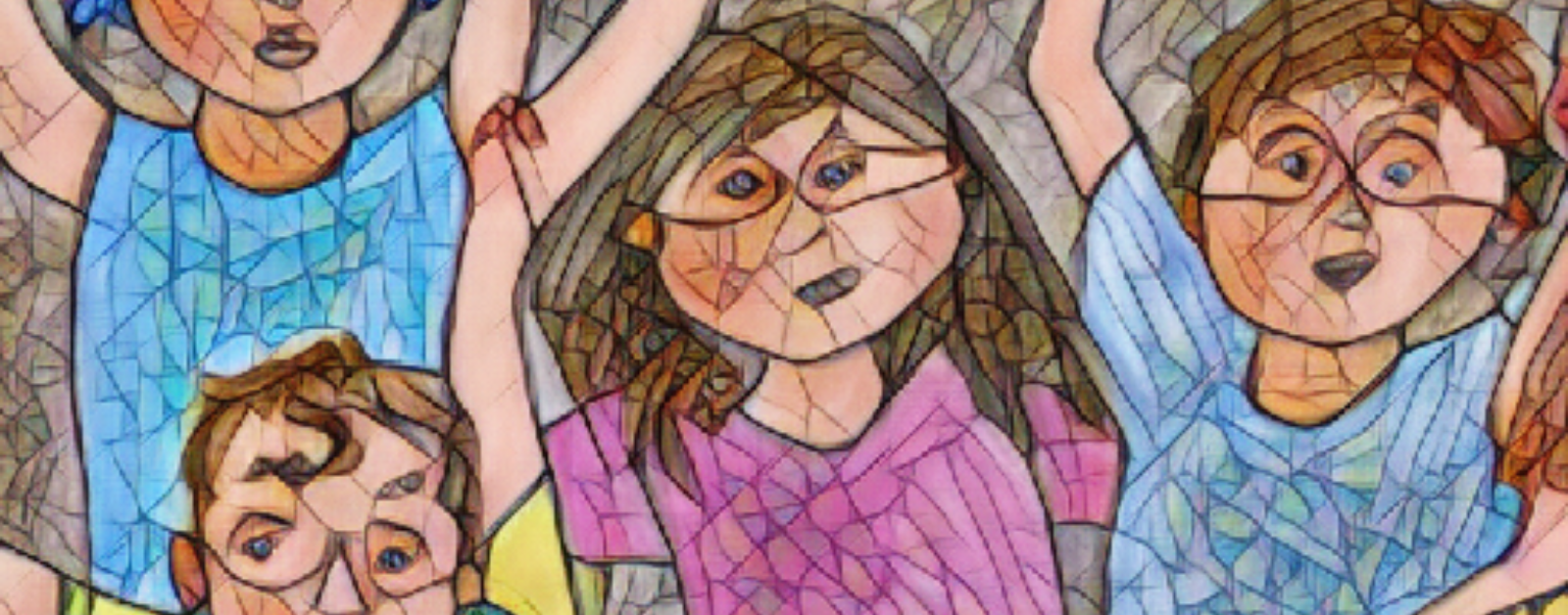Every day, we encounter images and phrases and assumptions and false messages about disability that shape our way of perceiving people with disabilities. Many of these depictions and assumptions are incomplete at best and harmful at worst. Here is the first of four false messages that our culture tells us about disability:
False Message: Disability is a problem to be fixed.
26% of American adults live with a disability of some kind. Instead of viewing disability—and people with disabilities—as problems to be fixed, we can view disability as an aspect of human life that will come to almost every one of us at some point in our lives.
Where this false message about disability shows up:
In the media, when reporters write stories about individuals who “suffer from” Down syndrome or are “confined to” a wheelchair. In doctor’s offices, when individuals are defined solely by biomedical concerns with lists of potential problems and deficits. In faith communities, when people assume they know what a person with disabilities needs and wants simply by looking at their bodies.
Truth:
Sometimes having a disability involves pain, and looking for ways to alleviate or even end that pain can be helpful. And yet often the pain and suffering that arise as a result of disability come from a social system that excludes and stigmatizes people with disabilities, not from the disability itself.
People with disabilities are a diverse group of people with real needs and real gifts, with pain and sorrow alongside hope and joy, with bodies and minds that are limited and vulnerable and glorious and beautiful.
False Messages About Disability:
- False Message: Disability is a problem to be fixed.
- False Message: Disability is a tragedy to be alleviated.
- False Message: Disability is a joke to be laughed at.
- False Message: Disability is an inspiration.
More with Amy Julia:
- S3 E15 | Who Belongs? Disability and the Built World with Sara Hendren
- How God Thinks About Disability
- Telling a New Story About Disability
- S6 E3 | Down Syndrome and Belonging with Heather Avis
If you haven’t already, you can subscribe to receive regular updates and news. You can also follow me on Facebook, Instagram, Twitter, Pinterest, YouTube, and Goodreads, and you can subscribe to my Love Is Stronger Than Fear podcast on your favorite podcast platform.



